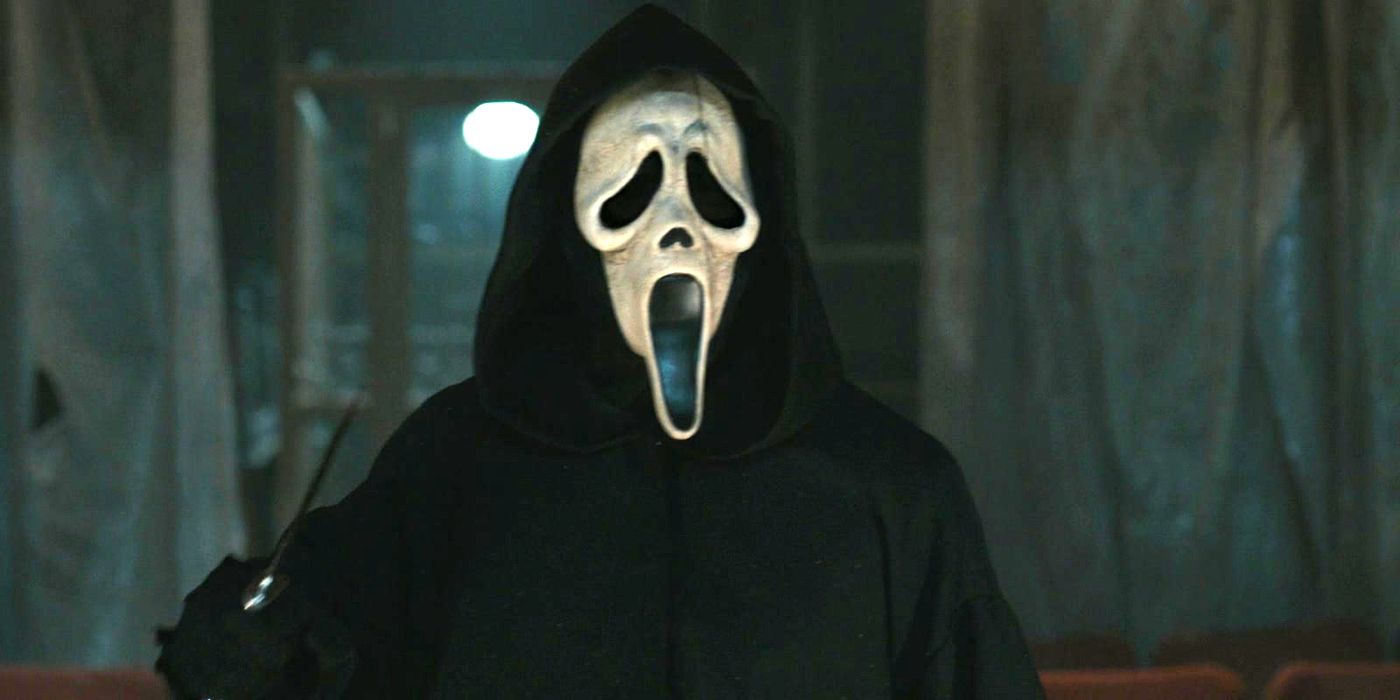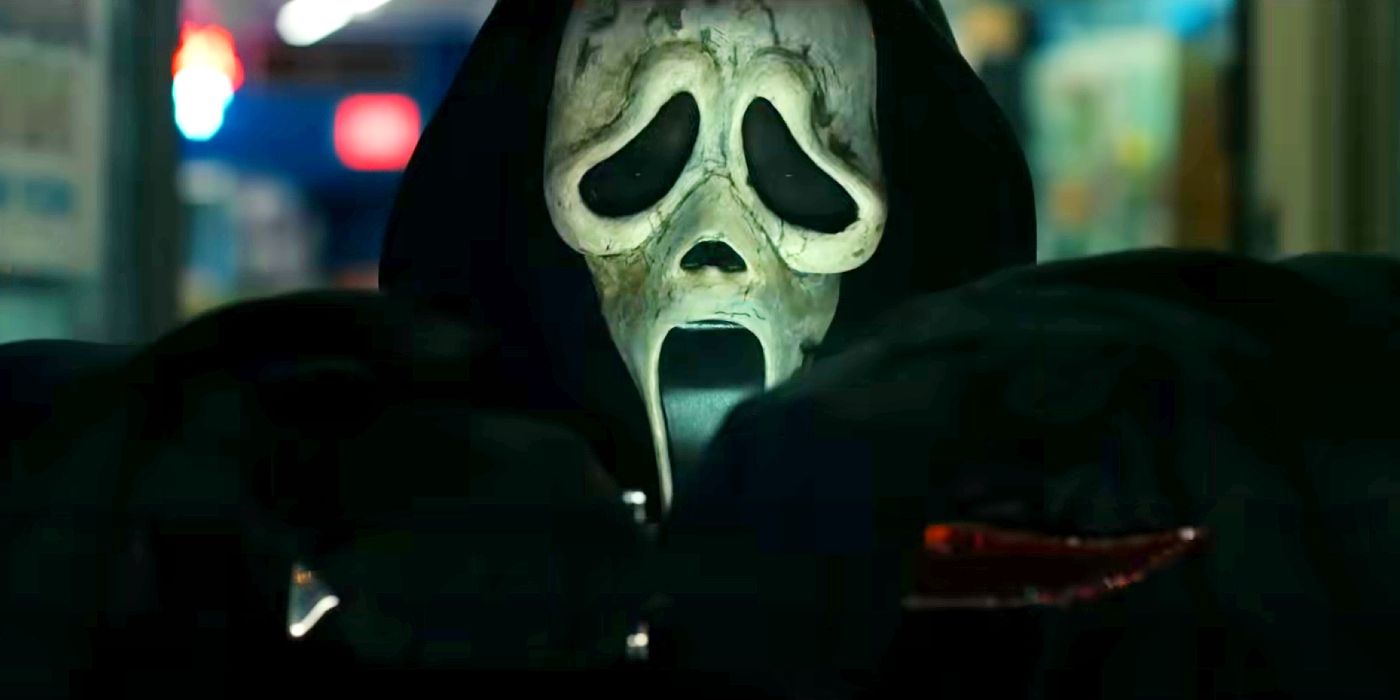With the latest installment proving to be the most successful yet, Scream 6 cinematographer Brett Jutkiewicz shares his thoughts on why the Scream franchise is still popular. Created by Kevin Williamson and originally helmed by Wes Craven, the horror franchise has revovled around Sidney Prescott and the various people of Woodsboro, California as they come under threat of killers donning the now-iconic Ghostface mask. Though its third and fourth entries were met with mixed reviews, the Scream movies have generally seen consistent praise from critics and audiences alike since the 1996 original.
In honor of the film's recent home media release, Screen Rant spoke exclusively with Scream 6 cinematographer Brett Jutkiewicz. When asked about the horror franchise's longevity and his contribution to it, the frequent Radio Silence collaborator pointed towards each film's ability to tap into the larger genre commentaries of its time to both subvert expectations and celebrate its ever-changing focuses. See what Jutkiewicz explained below:
I think part of what makes it stand the test of time is its self awareness and its self referential nature because as the years pass as the franchise goes on the cultural zeitgeist changes. So it can pull from that in new ways every time. Mindy's monologue about the rules of the franchise were different in V than they were in VI. The references that she makes to the films, the contemporary horror films, and the time. That changes between V and VI. So, I think that awareness and tapping into the cultural identity of what is happening in horror at the time means that it gives each film an opportunity to play on that a little bit more. That's, for me, part of the reason why the franchise is so successful over the years. I wouldn't say it's quite commentary on the time, although in some way it is, but it's that awareness of contemporary culture that still really started from from the first installment and continued through six.
How Each Scream Movie Acted As Horror Genre Commentary
Of the various reasons behind the original film's success, Craven and Williamson's meta approach to the slasher genre quickly made Scream a horror classic, finding a way to expertly balance a self-aware sense of humor for the issues plaguing the subgenre while also playing out many of its tropes. Though debates have ranged over whether its 1997 sequel matched or surpassed its predecessor, most agree that it similarly spotlighted the various issues facing sequels.
The sole outlier of the franchise for many remains that of 2000's Scream 3, which was met with mixed-to-negative reviews from critics and audiences alike for falling prone to the problems facing horror franchises overstaying their welcome. As such, the return of Williamson as Scream 4's scribe and proper focus on satire for both reboot sequels and social media's growing importance was received far more favorably by audiences, and eventually by critics in the years that followed.
Radio Silence's take on the Scream franchise with both the 2022 installment and this year's smash hit Scream 6 have gone to show that the beloved horror property is in the right hands, with directing duo Matt Bettinelli-Olpin and Tyler Gillett and writers James Vanderbilt and Guy Busick further able to carry on Craven's legacy of meta take downs of the horror genre. Though a Scream 7 has yet to be confirmed by Paramount, the most recent film garnering positive reviews and the highest box office gross in unadjusted dollars since Scream 2, it seems likely the group is only just getting started.


